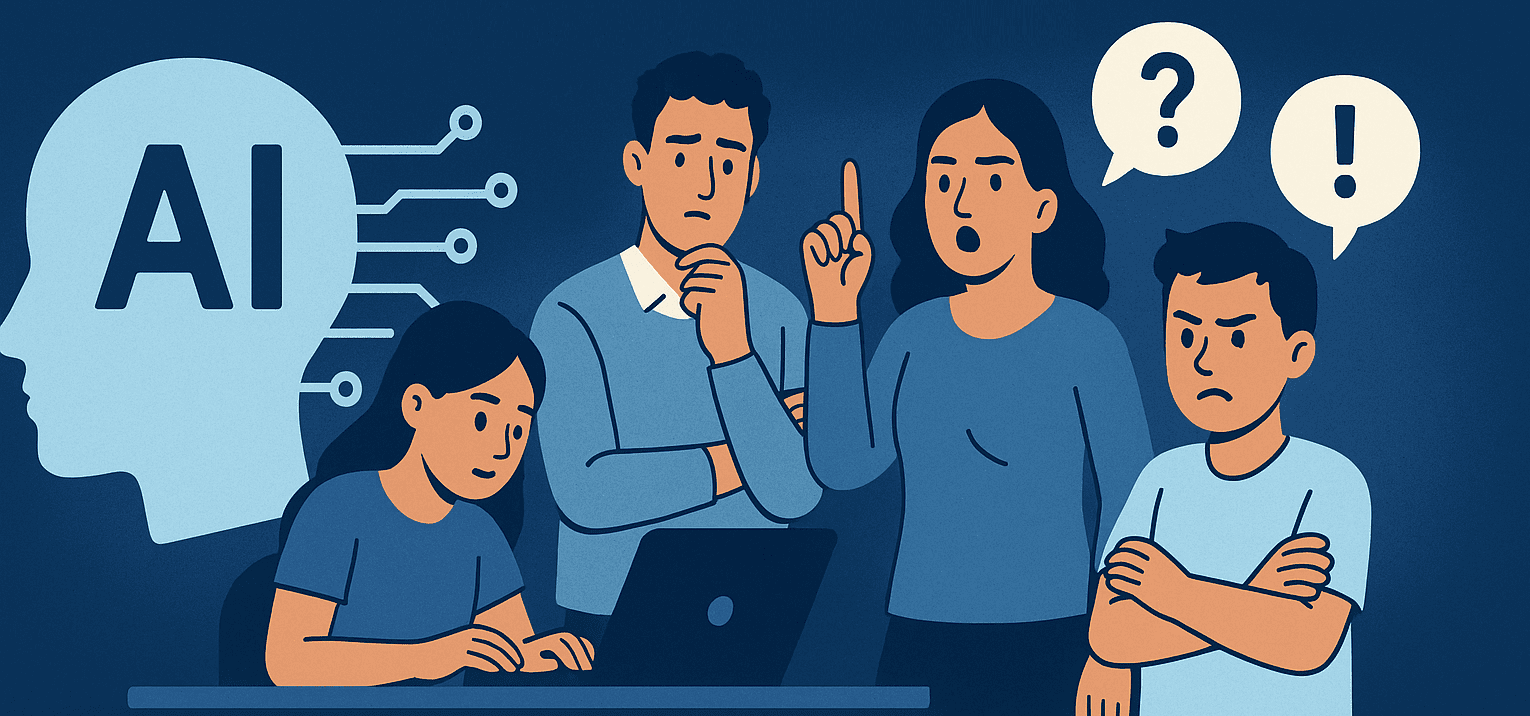TL;DR
Estimated Read Time: 6 minutes
Summary: AP tests in 2025 have entered a digital era, bringing new formats, strategies, and opportunities for high school students. Learn what’s changed, how to prepare effectively, and how educators can support student success in the updated landscape of Advanced Placement exams.
Opening Question: I often hear students ask something along the lines of “Should I take (more) AP classes?” That answer is highly dependent on a student’s college aspirations. However, it is helpful to first understand the purpose of AP tests and how they have evolved.
What Are AP Tests?
Advanced Placement (AP) tests are standardized exams developed by the College Board that allow high school students to demonstrate college-level knowledge in a variety of subjects. These exams:
- Cover a wide range of disciplines (math, science, history, literature, languages, and more)
- Are typically taken in May each year
- Include a mix of multiple-choice and free-response questions
- Are scored on a scale of 1 to 5, with 3+ often earning college credit
For ambitious students, AP tests provide a head start toward college readiness, scholarship eligibility, and advanced placement.
What’s New in 2025?
The 2025 testing cycle marks a significant shift in how AP exams are delivered and experienced. Here’s what’s changed per the College Board’s AP Central:
1. A Major Digital Transition
- 28 AP exams now utilize the Bluebook app for digital testing.
- 16 subjects, including AP English Language and Literature, are fully digital (MCQs + essays).
- 12 subjects, like AP Biology and Calculus AB, use hybrid formats (digital MCQs, handwritten FRQs).
- Compatible with Windows, Macs, iPads, and school-managed Chromebooks.
- Paper exams are still available for students with approved accommodations.
2. Updated Exam Formats
- MCQs have been streamlined: Now four answer choices instead of five in exams like AP English.
- AP Physics 1: New unit added and revised exam format.
- AP Physics C: Now a full 3-hour test for deeper evaluation.
3. New Course Offerings
- AP African American Studies: Now widely available after a successful pilot. Offers interdisciplinary insights into African American history, culture, and contributions.
Why Take AP Tests?
Taking AP exams is more than just checking a box. It can:
- Earn you college credit or advanced placement, saving time and money.
- Build a strong academic foundation in critical thinking and communication.
- Strengthen your college application by showing you’re ready for rigorous coursework.
- Provide a flexible learning path, allowing room for dual-enrollment or early graduation.
- Equip you with 21st-century skills, like digital literacy and analytical reasoning.
Tutor’s Guide: Supporting Success in the Digital AP Era
Tutors, teachers, and learning centers play a crucial role in guiding students through the 2025 AP testing landscape. Here’s how you can help:
1. Master the Bluebook App
- Provide students with practice exams on Bluebook.
- Simulate testing conditions to boost digital confidence.
- Ensure devices meet technical requirements.
2. Align Instruction with New Formats
- Revise materials to reflect new MCQ formats and added units.
- Offer mock exams with real-time feedback on typing speed, clarity, and timing.
- Encourage note-taking and annotation skills for navigating digital texts.
3. Build Digital Literacy
- Teach students how to highlight, scroll, and navigate in digital test interfaces.
- Include tech tools like online flashcards, timer apps, and typing drills in your prep plans.
4. Focus on Equity and Accessibility
- Ensure tech access for all students—loaner devices, hotspot programs, etc.
- Help families understand the accommodations process for paper exams or assistive technology.
How AP Tests Have Evolved
From their origin in the 1950s to today’s digitized exams, the AP program has continually adapted to meet the needs of students:
- 1955: The AP program launched with 11 subjects.
- 1980s–2000s: Rapid expansion into languages, arts, and computer science.
- 2020: First-ever online exams during the COVID-19 pandemic.
- 2023–2024: Pilot programs rolled out for digital testing.
- 2025: Digital testing becomes the new normal for most AP subjects.
These changes reflect a broader shift in education—toward accessibility, flexibility, and real-world relevance.
Final Tips for Students
Want to crush your AP exams this May? Follow these tips:
- Start early: Review course content weekly.
- Practice on Bluebook: Get comfortable with the digital platform.
- Focus on writing: Timed practice essays help sharpen your arguments.
- Stay updated: Check the AP Central website for changes.
- Ask for help: Tutors, teachers, and peers are all resources.



